2, September 2021
La Republique: Concern over increased flooding 0
In Cameroon, heavy rains in July and August cause devastating floods. The consequences are becoming more serious over the years, even leading to loss of life. This situation worries many observers who are calling for an effective climate-related natural disaster management plan.
On the night of Saturday August 21st, 2021, heavy rain fell on the town of Ngaoundéré in northern Cameroon, causing flooding and resulting in several material damages. The Far North region has not been left out, since the beginning of August 2021; floods have destroyed houses, farms and plantations in several departments of the region. The case of the city of Douala in the south of the country is quite symptomatic of the situation. With an estimated population of more than 3 million and a demographic growth rate of about 3.5% per year, the economic capital of Cameroon lies on the Wouri delta in an area of former swamps and mangroves that is extremely flat. Floods can be very devastating, even causing loss of life.
These floods, which are one of the strongest signs of climate change, are a cause for concern in Cameroon, because of their increase. In 2020 alone, nearly 160,000 people were affected by floods in the Far North of Cameroon, a region already heavily affected by the exactions of the Boko Haram sect and which, like the rest of the world, had to face the Covid 19 pandemic.
An effective climate disaster management plan
It is indeed during each rainy season that Cameroon is plunged under water. But the government’s actions so far do not seem to be bearing fruit. Greenpeace Africa calls on the government of Cameroon to take its responsibilities and reconsider its international commitments in terms of risk management and natural disasters, protection of people and the fight against climate change. “We note that, for cities like Douala and Yaoundé, the outflow of rivers is partly linked to the clogging of drains by plastic bottles. Where are we with the ban on the use of non-biodegradable plastic packaging decided in 2014? It is clear that its implementation was limited to the first few weeks of the signing of the decree,” notes Ranèce Jovial Ndjeudja, Forest Campaigner at Greenpeace Africa.
Source: Afrik21
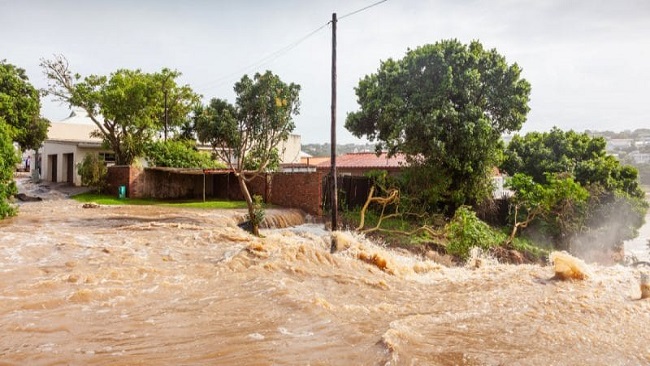
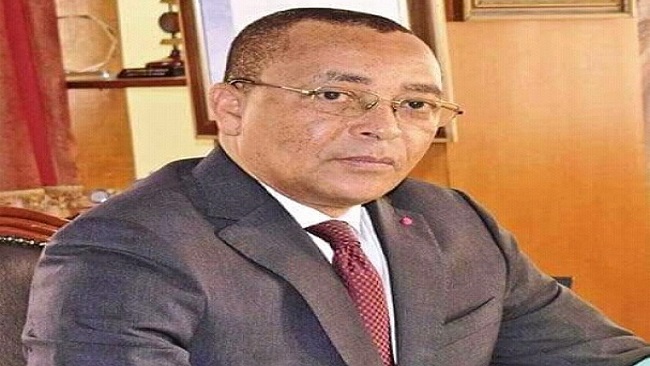


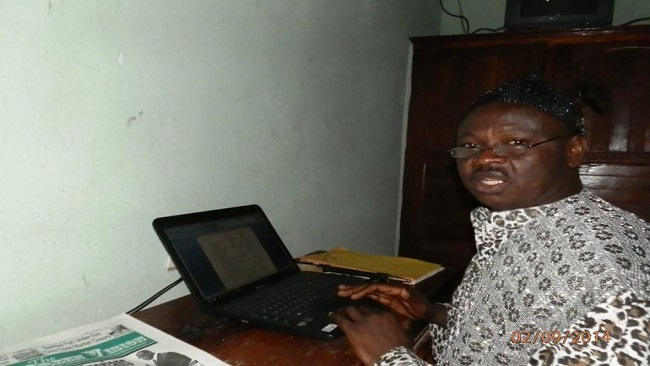


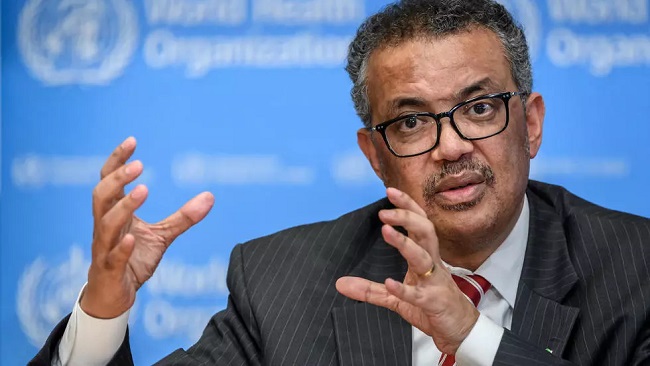
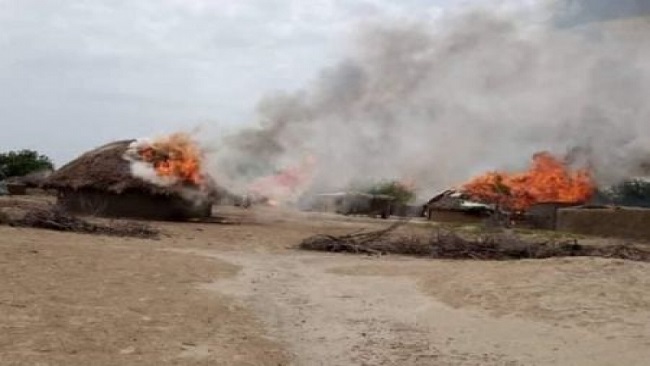


















2, September 2021
Political Islam: Biya-Buhari Negotiate Ex-Boko Haram Militants’ Return 0
During a visit to Cameroon, Nigerian officials Thursday asked for the return of more than 1,000 former Boko Haram militants to Nigeria. Hundreds of the Islamist group’s former fighters have surrendered in Cameroon since May, when the terrorist group’s leader was killed.
Umar Usman Kadafur, the deputy governor of Nigeria’s Borno state, greeted former Boko Haram militants at the disarmament center in Meri, a town near Cameroon’s northern border with Nigeria. He spoke with the militants in Hausa, a language used in northern Cameroon and southeast Nigeria.
Kadafur visited Cameroon’s Far North region on Thursday, and led a delegation of 14 Nigerian lawmakers, lawyers, administrators and rights group representatives, to negotiate the voluntary return of former Nigerian Boko Haram militants.
Among the former militants attending the meeting where Kadafur spoke was 34-year-old Kadir Hassan. Hassan said he escaped from the Sambisa Forest, a Boko Haram stronghold on the Cameroon-Nigeria border, in August.
Hassan said Boko Haram commanders deceived him in March of last year, saying he should leave Kukawa, a town in Nigeria’s Borno state, for a job. However, when he arrived in the Sambisa Forest, he was given a gun instead of the job he was promised. He said since the death of the jihadist group’s leader, Abubakar Shekau, in May, several hundred fighters have been struggling to escape from the Sambisa Forest.
Hassan said he escaped alongside 35 combatants and surrendered to the Multinational Joint Task Force of the Lake Chad Basin that is fighting the jihadist group. The task force is made up of troops from Niger, Cameroon, Chad and Nigeria. He said the task force later took them to the DDR, or demobilization center in Meri.
Midjiyawa Bakari, the governor of Cameroon’s Far North region that borders Nigeria’s Borno state and is said to be an epicenter for jihadist groups including Boko Haram, says Cameroon has been overwhelmed with former militants since Shekau was killed.
“We have more than 1,000 Nigerians here, all of them from Borno state. At the end of the rainy season, they will go back home. We congratulate Governor Babagana Umara [of Nigeria’s Borno state]. He sent a commission here to accompany those Nigerians to go back home,” he said.
Bakari said the delegation from Borno state will register former militants who are planning to return to Nigeria voluntarily. He said heavy rains on the Cameroon and Nigeria borders make it difficult for the ex-combatants to return this week. Nigeria and Cameroon agreed to facilitate returns during a security meeting held from August 26 to August 28 in the Nigerian capital, Abuja.
Umar Usman Kadafur deputy governor of Borno state says the ex-militants will go back to Nigeria by November, when heavy rains are likely to decrease.
“I know your facilities are overstretched. We will try as much as possible to repatriate these surrendered Boko Haram members back to our land in Nigeria so that you [Cameroon] can have free space in the DDR centers and we remain grateful for all what you have been doing for our people,” Kadafur said.
In August, Cameroon said it was negotiating to return the ex-militants to Nigeria as the DDR centers in northern Cameroon were becoming overcrowded. Cameroonian officials said the centers host former militants from Chad, Cameroon and Nigeria.
Source: VOA